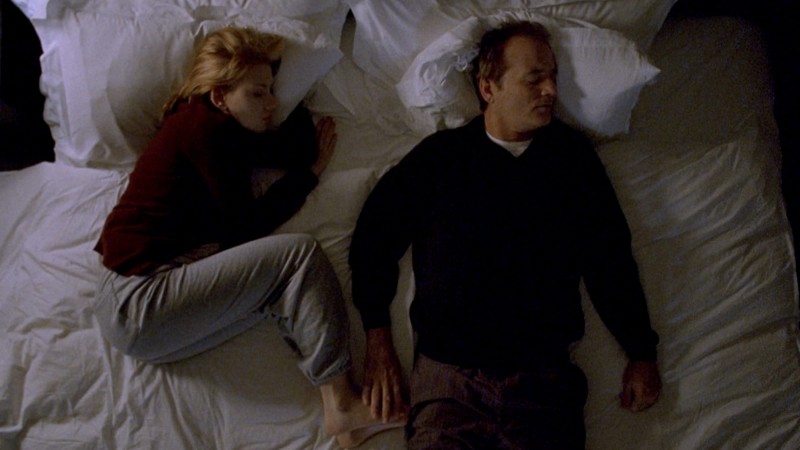The Revolutionary Subjectivity of Memories of Underdevelopment
S
ergio, the bourgeois Havana intellectual at the center of Tomás Gutiérrez Alea’s 1968 Memories of Underdevelopment, isn’t your typical movie protagonist. An idle, arrogant property owner with an easy swagger, Sergio is in many ways a rather distasteful individual, exploitative in his treatment of women and disenchanted with the ideological options in the revolutionary new day of Fidel Castro’s Cuba. It’s a thoughtfully critical presentation that upends the usual sympathetic relationship we expect to have with a central character—and deepens the film’s political and psychological complexity.
In the new episode of Observations on Film Art, a series on the Criterion Channel that offers a monthly dose of film school, scholar Jeff Smith closely examines how Gutiérrez Alea’s landmark of Cuban cinema brings the audience inside Sergio’s subjectivity, in order to criticize his postcolonial worldview and lay bare the challenges of fully embracing a revolutionary mentality. Check out the preview of the episode above, then click over to the Channel to watch our edition of Memories of Underdevelopment along with Smith’s full analysis, which delves into the film’s sly, artful application of such devices as voice-over, point-of-view shots, and flashbacks.




